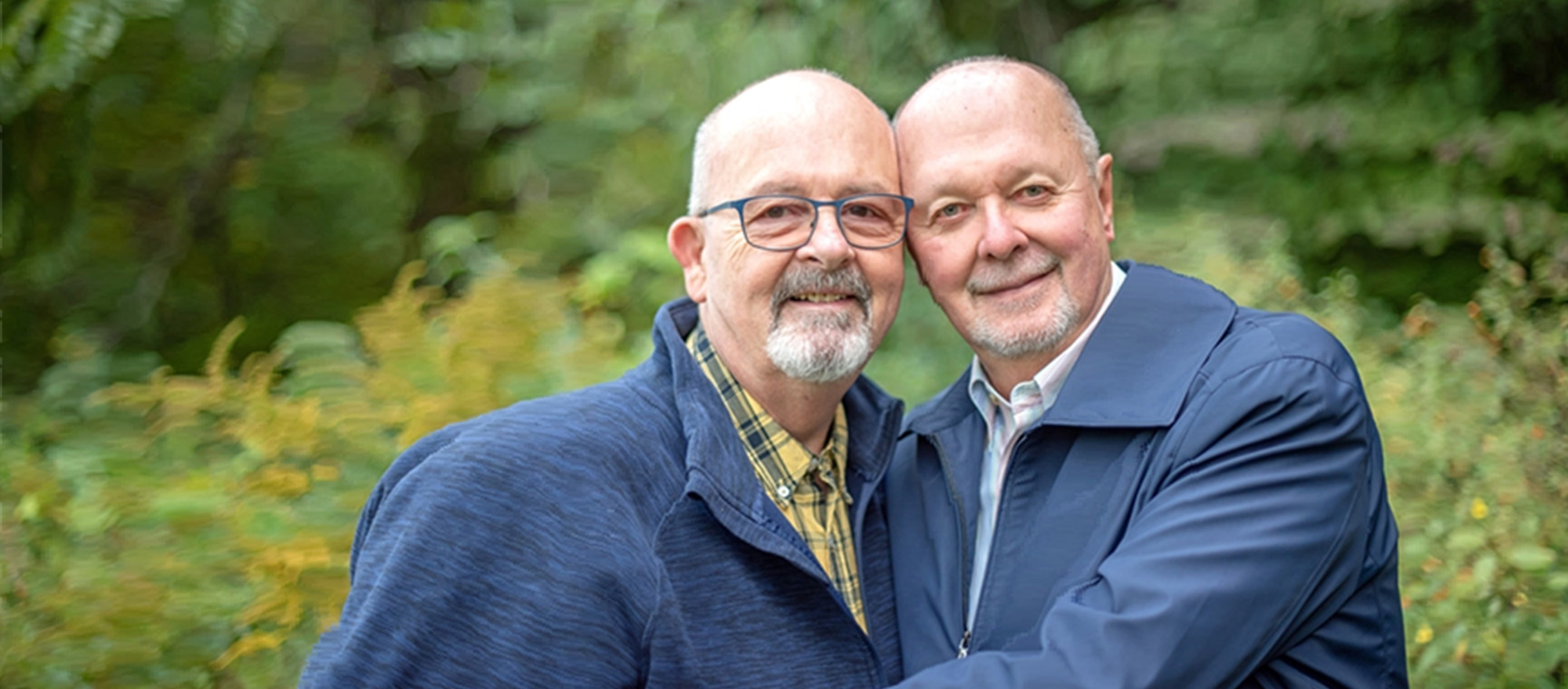What Is Healthy Aging?
Aging well includes extending life, avoiding chronic disease and limiting weakness at the end of your life. This is best accomplished by focusing on four distinct but interconnected pillars: physical, social, emotional and cognitive health.
Physical health includes consuming nutritious foods, partaking in physical activity and pursuing preventative medicine. Social health encompasses creating and maintaining a network of friends and family who enrich your life. Regulating emotions is an important part of emotional health, and cognitive health involves exercising your ability to think critically and make decisions.
Healthy aging involves examining each of these areas and the ways in which you can best take care of yourself.
Physical Health
As you age, looking after your body must be a high priority in order to maximize longevity. Recommendations for maintaining physical health in older adulthood include the following:
Exercise. Moving more with the guidance of a healthcare provider or exercise physiologist can improve your health. Aim for 20 minutes per day or 150 minutes per week. A study found people who took 8,000 steps had significantly lower all-cause mortality (fewer deaths across 10 years) than those who only took 4,000 steps per day.
Sleep. A minimum of seven hours of sleep per night is recommended for adults aged 50-60, according to research. Adults who slept for six or fewer hours were associated with a 30% increased risk of developing dementia 25 years later. In that same study, six hours or less of sleep was also associated with higher blood sugar and high blood pressure.
Nutrition. Good nutrition is essential for optimal aging. Nutrients of particular benefit to seniors include:
- Protein. Recommended intake varies according to factors such as age, height and weight but should range between 10-35% of your daily calories. For example, someone who weighs 150 pounds would need about 68-82 grams of protein per day or more if exercising. Protein is found in meat, eggs, beans and legumes, dairy, and nuts. Some older adults have trouble eating sufficient protein and prefer to use a nutritional supplement such as Ensure® COMPLETE, which contains 30 grams of protein per serving (10 oz).
- Fiber. Consuming at least 21–30 grams of fiber per day is recommended for older adults and is especially important for anyone who is bothered by constipation. Fiber is found in fruits, vegetables and whole grains. It's especially plentiful in oatmeal as well as pinto, navy and black beans.
- Water. As people age, dehydration can become a bigger concern with decreased awareness of thirst. Unless advised otherwise by a physician, it's a good idea to drink around 6-8.5 cups of water daily — or more if thirsty.
- Vitamin D. The best source of vitamin D is from sunlight, though it can be found in foods such as fatty fish including salmon, tuna and sardines, as well as fortified dairy products. Because this vitamin can be difficult to find in a wide variety of foods, vitamin D supplements are a great option. The recommended daily amount for people ages 1-70 years is 15 mcg and climbs to 20 mcg for those over 70 years old.
- Vitamin B12. Good sources include meat, fish, poultry, milk and fortified cereals. The recommended daily amount of vitamin B12 is 2.4 mcg per day. Some older adults have trouble absorbing vitamin B12 and need to receive it via injection at their healthcare provider's office.
- Calcium. Bone density is crucial in the later years of life, and calcium is required to maintain it. The recommended daily amount of calcium depends on sex and age. For women 51 and older and men 71 and older, the recommended intake is 1,200 mg per day. The best food sources of calcium are in dairy products; plant sources include tofu and dark green leafy vegetables.
Not Smoking. For those who smoke, there is no better action to improve physical health than to stop smoking. Not only is cigarette smoking the leading cause of preventable death in the United States, but it can speed up the normal aging process of your skin. It's never too late to quit. Your healthcare provider can offer ways to manage the transition to life as a nonsmoker.
Prevention Medicine. Get a medical checkup at least annually and more often than that if recommended by your healthcare provider.
Social Health
Healthy aging includes social health, too. Regular social interaction is a major component of aging well, and there are plenty of ways to maintain or strengthen ties with people and your community. Volunteering for a cause, learning a new hobby in a group class (such as ceramics or painting) or taking an academic course are all great for making friends and acquaintances. Joining a book club, gym, church or civic group are also ways to build social support.
Emotional Health
In addition to exercising social muscles, your mind needs emotional check-ins, too. A person who has a healthy relationship with their emotions can cope with stressful situations when they arise. Having a network of trusted people to call on — a professional counselor, family and friends — for help or just for fun is also key.
Approximately 13.5% of older adults who require home healthcare have major depression. For those who need support managing their emotional health, a combination of therapy with a professional counselor, exercise and medication may be beneficial. A visit with a primary healthcare provider is the best place to start.
Cognitive Health
Cognition is a person's ability to think, remember and learn. As the risk of Alzheimer's disease and other dementia-type illnesses increase with age, there are various ways people can promote their cognitive health. The current recommendation for minimizing the risk of cognitive decline includes 150 minutes of physical exercise each week. Eating balanced meals that include a wide variety of fruits and vegetables, limiting alcohol consumption to one drink per day or less and avoiding smoking are also important for cognitive health.
Are You Doing All You Can to Age With Good Health?
When it comes to aging healthily, what are you doing well? Where could you improve? Check in with yourself using a checklist of tips like this to determine where you're doing well and where you can improve on your healthy aging journey:




Social Share